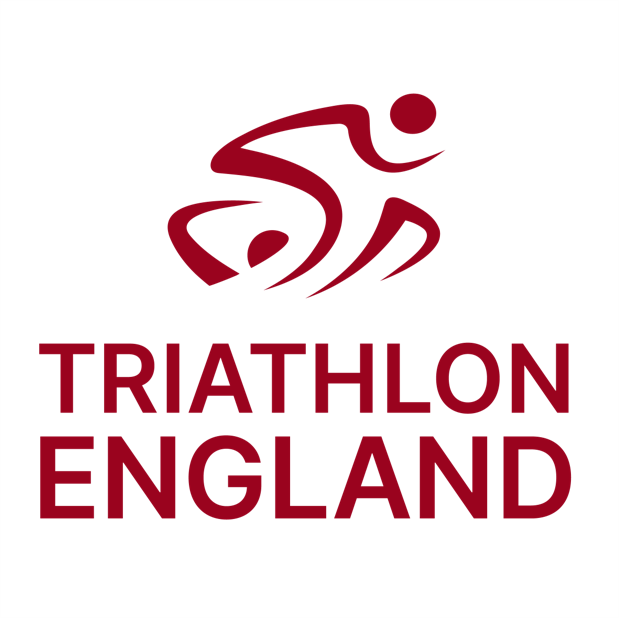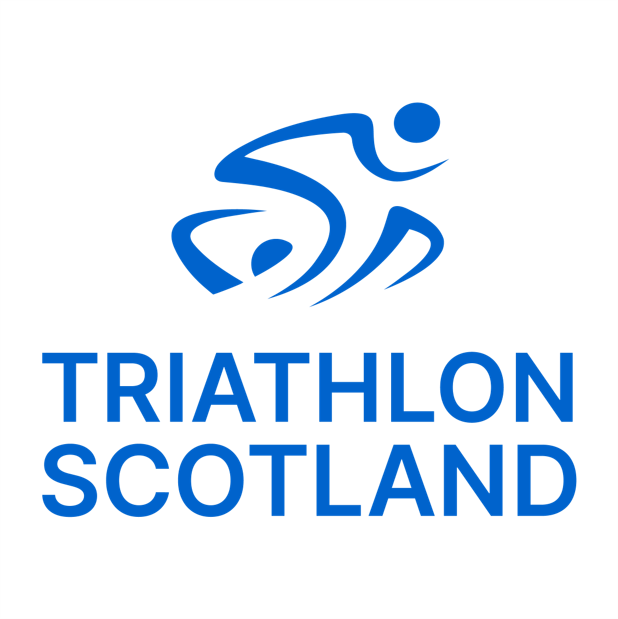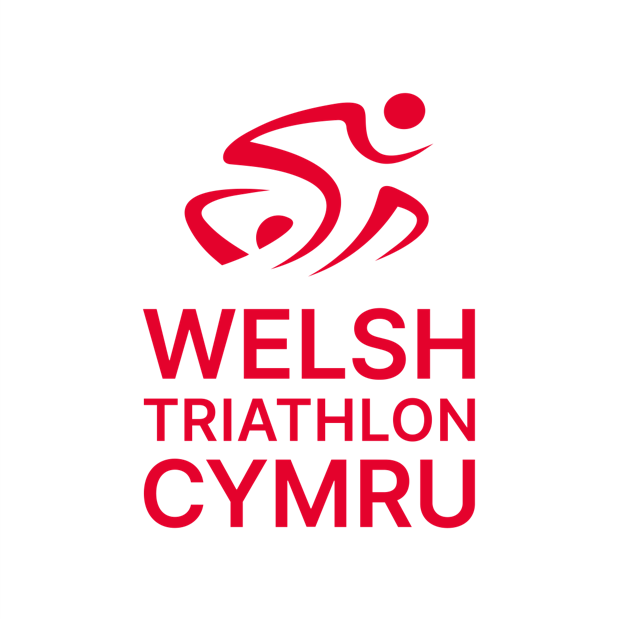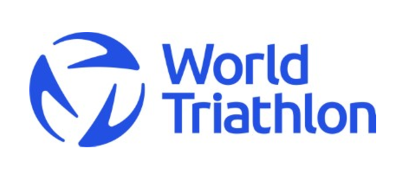pathway
The creation of a world-leading, high-performing triathlon coaching workforce demands a world-class coaching system. Coaching is at the heart of the sport and it is this workforce that significantly influences an individual's personal development by delivering the key messages about ethics, beliefs, fair play, and values, through effective coach-athlete partnerships at all levels from grassroots participation to elite performance.
To ensure growth continues and to create a sustainable legacy of triathlon coaching in Great Britain, there is a need to facilitate the delivery of more than just coach education. The underpinning coach development system built around the coaches is a fundamental necessity of a world-leading coaching system. The next four years will be about investing in and developing the coaches who support triathletes of all abilities. With this in mind, the vision for triathlon coaching over the next four years is:
"To create a world-leading system that will establish a network of inspired and inspirational high-performing triathlon coaches at all levels around Great Britain that will maximise performances of triathletes and paratriathletes from grassroots to the podium"
British Triathlon will lead on building the profile and developing athlete pathways to performance and deliver at the elite end of the performance continuum, while the Home Nation's will lead on building the sports capacity to support growing participation and delivering the talent pathways that underpin development of athlete performance.
Achievement of a qualification through the coach education system is sometimes seen by many as the end of the journey to becoming an expert, high-performing coach rather than the beginning. There needs to be a shift in this perception, ensuring a culture and mindset is created that promotes a lifelong journey of self-discovery and curiosity of learning. The provision for supporting coaches following achievement of their qualifications is a crucial area of work to ensure these individuals are retained and motivated to develop into different roles. We recognise and understand coaches learn and develop in a variety of ways and at different rates. Their time and financial commitment to ongoing professional development is also limited, therefore all these factors need to be taken into consideration to ensure the opportunities offered are cost effective, high quality and flexible to meet their needs.
Our Philosophy
Coach development is based on continuous improvement through the increasingly effective integration of coaching skills, knowledge and understandings in coaching practice.
Our Principles:
- Ownership - coach development will be owned by coaches and those responsible for supporting coaches.
- Simplicity - coach development systems and procedures will be easy to understand, administer and maintain.
- Holistic - coach development programmes will equip coaches to support the holistic development of their athletes to produce self-reliant athletes.
- Outcome-focused - coach development activities will support the objectives of the British Triathlon Coaching Strategy: more time, increased recognition and status, and improved quality.
- Continuous improvement - the Coach Development Framework will enable and encourage coaches to participate in ongoing development opportunities.
- Partnership - coach development approaches will utilise the combined knowledge and experience of all the key players in coaching & allied organisations.
In addition coach development will be:
- Athlete centred - based on the needs of the athletes in the coaching communities and aligned to the stage of development of the athletes.
- Applicable and practical - to meet the needs of the coaches that are developed, so they can apply key learning immediately.
- Integrated - the sport-specific and general principles of coaching will be applied in a practical coaching environment.
- Flexible - to meet the range of needs of coaches.
- Inclusive - to acknowledge the needs of all athletes, including those with disabilities.
- Appropriate for Triathlon - reflective of triathlon's unique cultural and sporting environments
Within each coaching community, while undertaking their coaching practice, coaches will have access to a range of both formal and informal coach development learning opportunities. Coaches will have access to informal coach development opportunities that will support wider personal development and growth. Examples of informal coach development include trial and error learning in conducting coaching practice, attendance at seminars and conferences, mentoring, informal networking opportunities with coaches from their own and other sports, and access to individual research opportunities (through both written and electronic media).





